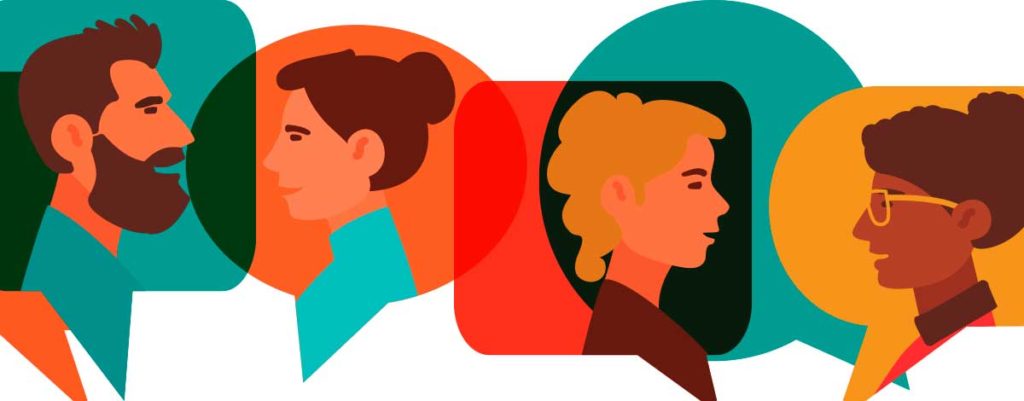I see connections in unusual places sometimes. Baseball and workplace or campus investigations may seem very different. But as a lifelong investigator and a lifelong baseball fan, I see links between these two disparate subjects that can provide lessons and guidance for investigators.
Confidentiality: What Can Investigators Say About Sharing the Facts?
The rules on what investigators can say about confidentiality to witnesses and parties have been shifting, and we may see more changes ahead. We had our old practices, then we had Banner, and now we have Apogee. What’s next? Read on for a review of this evolving issue for private-sector employers.
Gender Identity and Investigative Interviews
Trans people frequently experience stigma, discrimination, and trauma as a result of living and moving through the world as themselves. Because of this, there may be an added layer of distrust around the investigatory process, and as trauma-informed investigators we need to mitigate potential harm as much as possible throughout the investigation.
What Investigators Can Learn from an Apple Store
Consider a customer visiting an Apple Store for a technical issue. They are usually upset or frustrated. The experience of having a device not work properly is one we all recognize as incredibly stressful. What follows is often a mini-investigation between the customer and an Apple staff person.
When Your Investigation Gets Tweeted
Everything was quieter before social media, including workplace investigations. Investigators rarely worried about public attention, except in the rare case when their investigation was picked up by the local newspaper or TV station. Employees who suffered discrimination could report it to HR, get a lawyer, or call a state or federal agency, but drawing media interest to their individual problems was a long shot at best.
How Do I Interpret That?
Investigators know that words – and their nuanced meanings – matter. We rely on how people describe their experiences to learn what took place. Sometimes our job involves determining the exact wording and connotations of conversations that occurred months earlier.
But what happens when the investigator and the interviewee lack a common language? For example, when a witness is more comfortable being interviewed in Mandarin than in English, or when a deaf or hard-of-hearing complainant uses American Sign Language (ASL)?







